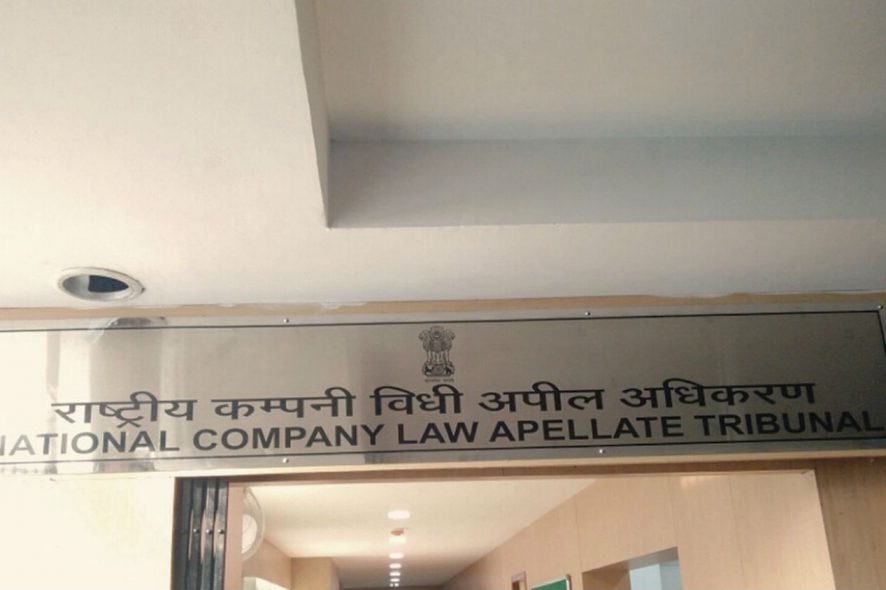National Company Law Appellate Tribunal (NCLAT): Where an application to initiate Corporate Insolvency Resolution Process (“CIRP”) was moved by the bank-financial creditor, the same was granted, moratorium was imposed on the corporate debtor (“debtor”) and a Resolution Professional (“RP”) was appointed. A Resolution Applicant (“RA”) was found and the said plan was put in place but even after 270 days, the RA had not been able to recover the debt amount. When more time was sought by the debtor, bank, and RP, the Appellate Authority the National Company Law Tribunal, Hyderabad (“AA”), imposed costs on the debtor and bank and passed certain negative remarks against the RP.
The AA observed that the debtor, creditor, as well as the RP were colluding to defeat the process and violate the provisions of the Insolvency and Bankruptcy Code, 2016 (“the Code”) for personal gain. This adverse stance of the AA towards them brought the debtor, creditor and RP to the NCLAT.
The NCLAT held that after the appointment of the RA, the role of the committee of creditors, corporate debtor and RP became obsolete and the RA was the only person managing the affairs of the debtor company. It was incorrect on part of the AA to hold that all of them were conspiring in absence of any evidence to substantiate such allegations and imposing costs. The AA, if it was unsure what order to pass when the RA was unable to deposit the debt money in the escrow account, could have issued him a notice and decide on further steps either by itself or call upon the creditors, debtor, and the RP for their view on the course to be taken further, owing to their understanding of the dynamics of the debtor company.
Since the NCLAT was unable to find any reasoning or proof for labelling the appellants as done by the AA, a part of the AA’s order which imposed costs and made adverse remarks against the RP was set aside and it was left for the AA to decide what steps to be taken under law to materialize the resolution plan. [Indian Bank v. Kadevi Industries Ltd.,2018 SCC OnLine NCLAT 275, decided on 24-05-2018]



